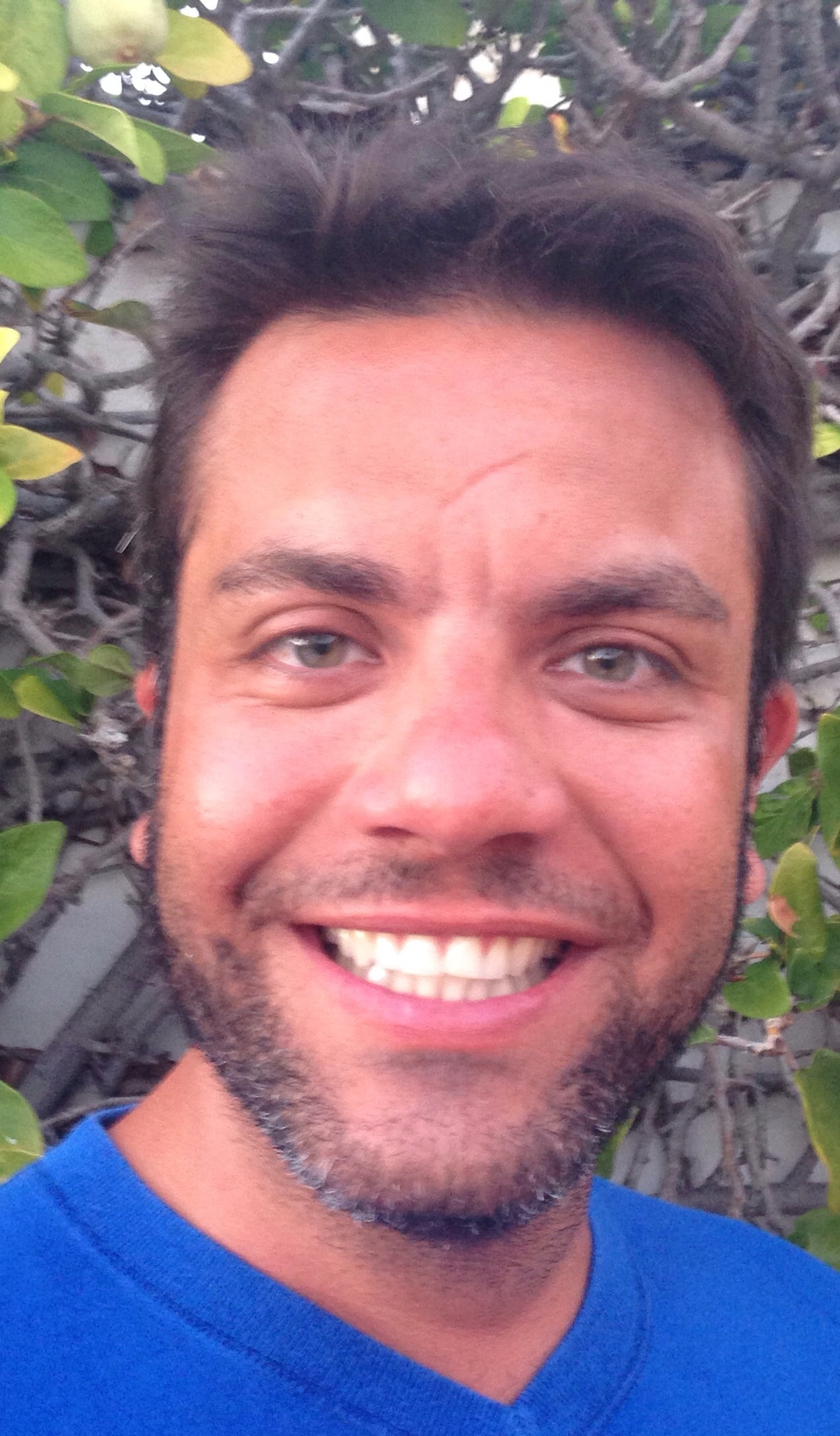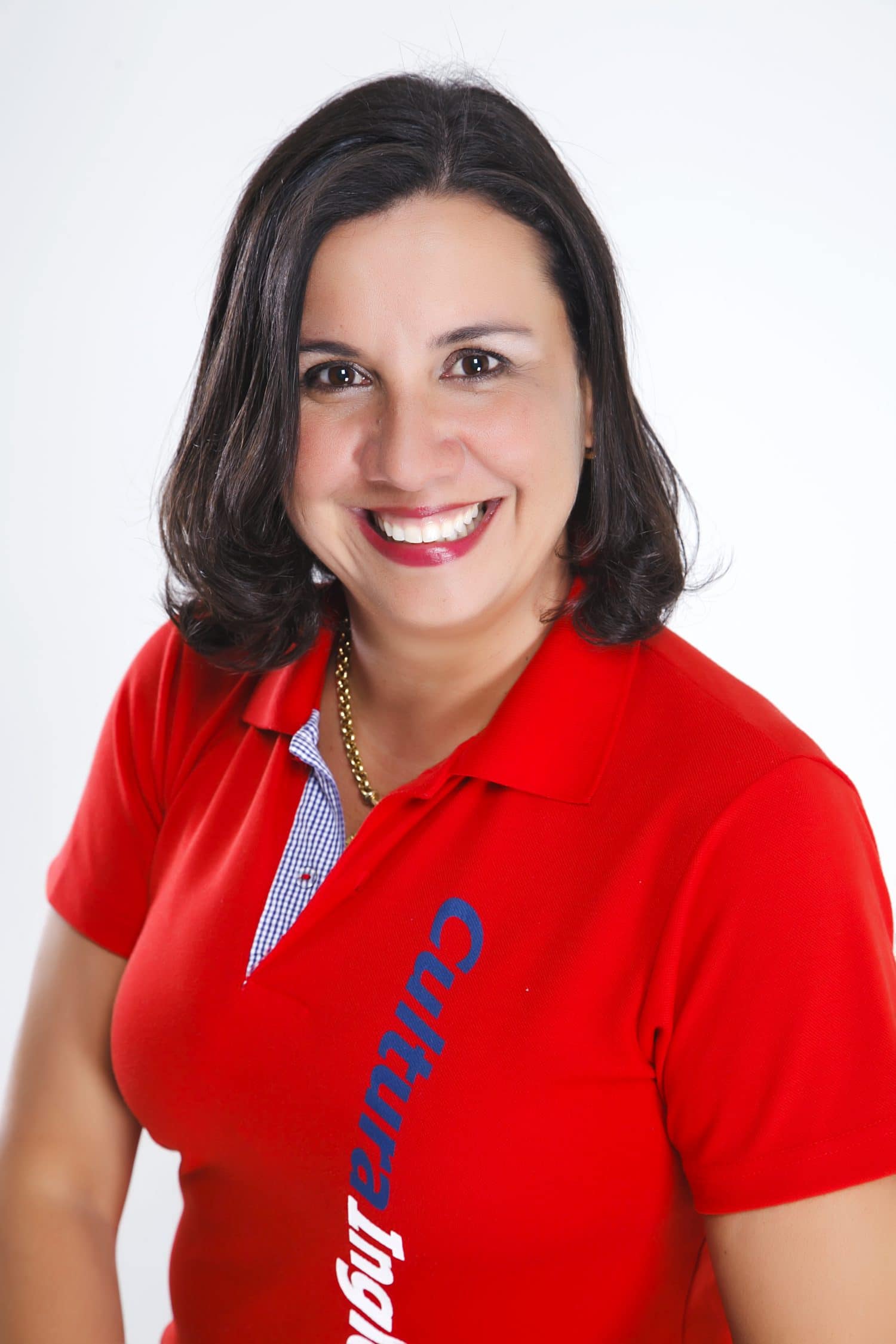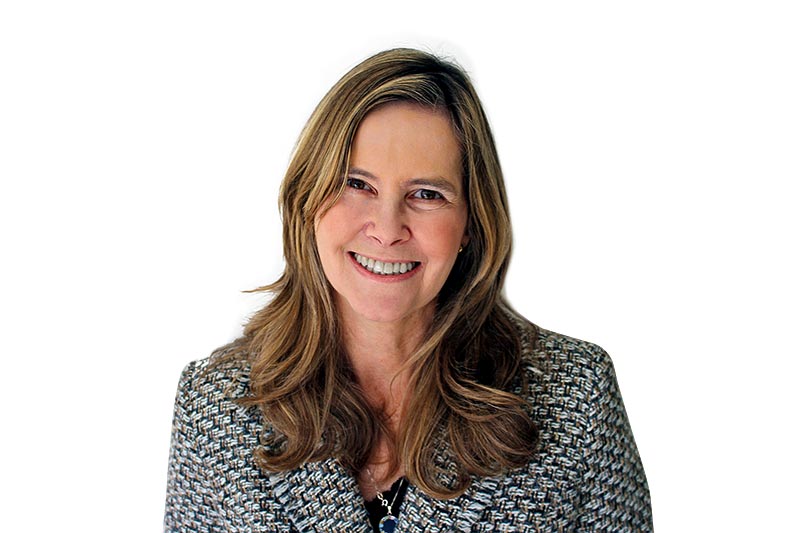Social media and professional image: yes, you are being watched.
Last week we followed a discussion about the university professor who posted a photograph on Facebook of a passenger at Rio de Janeiro airport with extremely prejudiced and harmful comments regarding his social class. The nature of the event was already particularly offensive but caused even greater discomfort because the authors work in education. Fortunately the reactions against the professor and her friends were so intense and immediate that a formal apology was published the following day. However, as the Academic Manager of a large institution, I believe this discussion raises an important question: should professionals be judged on their social and personal websites?
Like many other communication channels, Facebook is a very powerful tool to socialize, express ideas, create communities and spread opinions. Likewise, it is also a powerful tool to reveal one’s identity. Many people will argue that one should not care about others’ opinions regarding their behaviour on facebook or twitter and that their professional lives should not be impacted by what they do or say in these environments. I beg to differ.
As educators, I believe it is our responsibility to constantly monitor what we say whether in a face-to-face meeting, a social gathering or the virtual world. I truly believe the professional image we communicate relates to what we post, “like” and share. I have changed my professional opinion about teachers because they mocked their own students on their Facebook walls. I have chosen not to hire people because I read their public complaints about employers, or their sarcastic jokes about their peers. Teachers who post that going back to work is a new form of torture or who upload sexy half-naked pictures that can be seen by their 12 year-old students become less interesting candidates to any recruiter.
People should not disregard the fact that companies and professionals will assess their credibility and attitude based on whatever they make public. The same way one learns about a company through their website, nowadays Human Resources Departments visit candidates’ Facebook or Twitter accounts to learn more about them. The professor’s outrageous expression of prejudice mentioned above got public and loud reactions. However, not every professional who acts inappropriately in the social media gets this explicit feedback. And at times, people often wonder why they do not get promotions, why others do not trust them or why their students disappear. My suggestion: go to your Facebook timeline and check what you have been saying and showing around. Maybe the answer is there.






